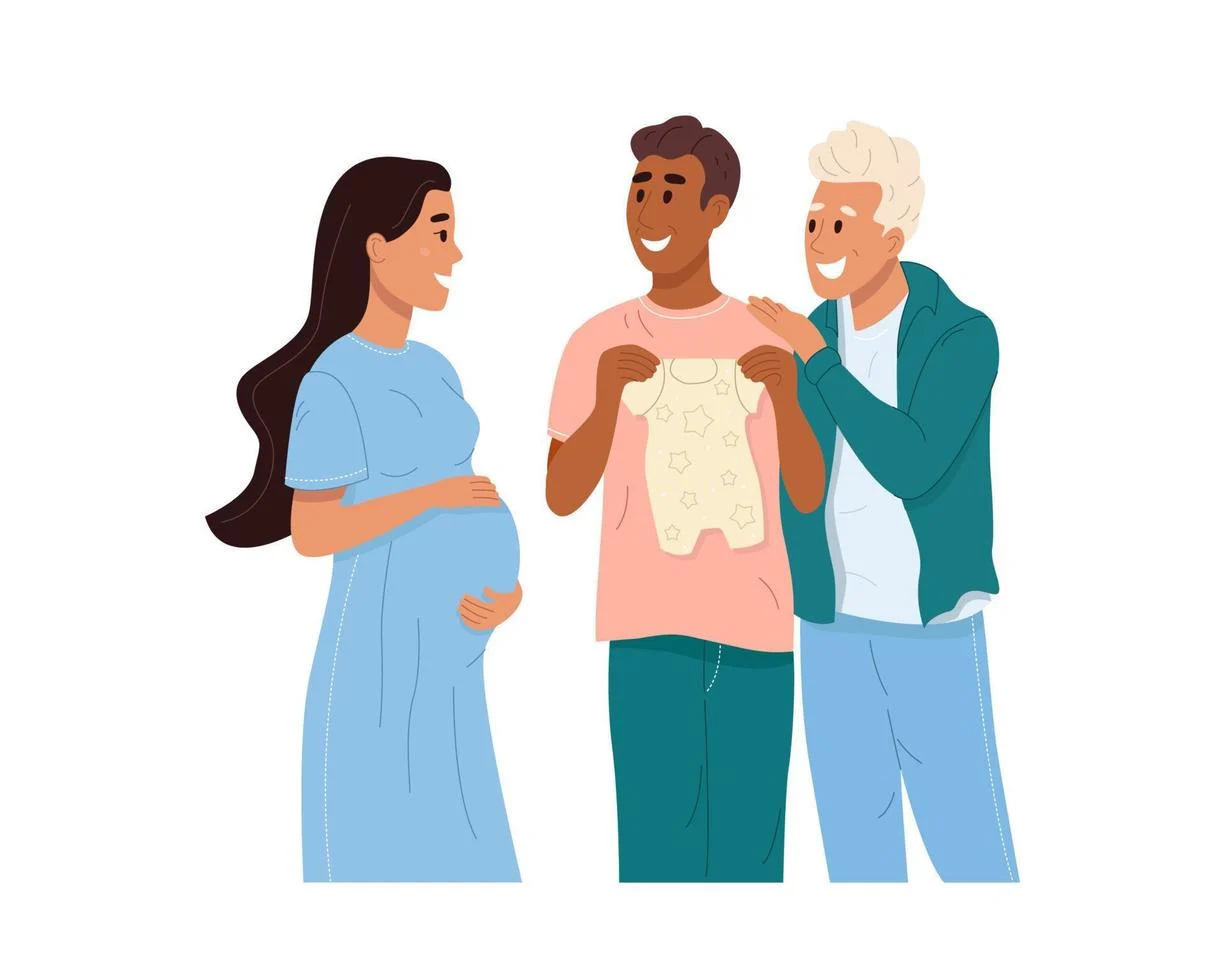As a parent of Black children, I often encounter well-meaning individuals who try to demonstrate their open-mindedness about race. Unfortunately, their words frequently miss the mark and can be quite uncomfortable. Here are some of the things I wish people would stop saying, along with the reasons why these statements are problematic.
- Stereotyping Terms: Referring to a Black person as “ghetto,” “thug,” or using phrases like “those people” is deeply offensive. Such stereotypes fail to acknowledge the individuality of my children and perpetuate harmful biases.
- Excessive Compliments: When someone gushes, “Your daughter is just so, so pretty!” it often feels disingenuous and awkward. One sincere compliment is enough; overdoing it can embarrass my child and suggest underlying discomfort with race.
- Colorblindness: Phrases like, “I’m teaching my kids to be colorblind,” overlook the importance of recognizing and celebrating racial differences. Acknowledging race and the inequalities that accompany it is crucial for fostering understanding and empathy.
- Token Friendship Claims: Statements like, “My Black friend…” often have little relevance to the conversation. It’s unnecessary to highlight a friendship with a person of color to validate your openness to diversity.
- Minimizing Racial Issues: Comments urging us not to “make it about race” or to avoid “playing the race card” undermine real experiences of discrimination. Rather than dismissing concerns, it’s vital to listen and learn from the experiences of others.
- Objectifying Mixed-Race Children: Remarks such as “I just love little mixed babies; they are SO cute” can be degrading. Children are not accessories; they are individuals with their own feelings and rights. Focusing only on mixed-race children while ignoring the beauty of Black children reinforces harmful hierarchies.
- Hushed Descriptions: Using the word “Black” in a whisper when describing someone perpetuates the idea that it’s a taboo subject. Unless race is relevant to the story, it’s better to refrain from mentioning it altogether.
- Misplaced Concerns About Crime: Trying to shift focus to “Black-on-Black crime” instead of discussing the systemic issues that affect Black boys is unhelpful. Empathy should be the priority when addressing concerns about violence and inequality faced by these children.
- Misunderstanding Black History Month: Questions like, “Why isn’t there a White History Month?” often reveal a lack of understanding. Black History Month serves to highlight the significant contributions of Black Americans, who have historically been marginalized in educational narratives.
In navigating conversations about race, it’s essential for individuals to listen carefully and respond with empathy rather than personal opinions. Remember, every race desires respect, validation, and connection. For more insights on fostering understanding in discussions about race, you can check out this related blog post here.
In sum, it is crucial to approach discussions about race with sensitivity and awareness. Recognizing the individuality of every child and the complexities of racial identity can help build a more inclusive society.
